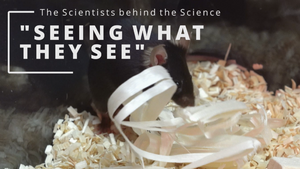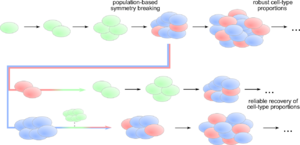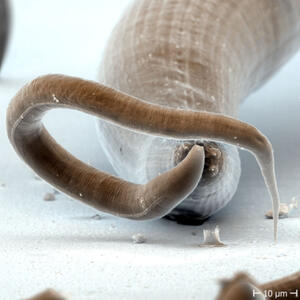Press Release
7 Jan 2021
Keeping Sperm Cells on Track - Researchers point to a new mechanism underlying male infertility
One essential component of each eukaryotic cell is the cytoskeleton. Microtubules, tiny tubes consisting of a protein called tubulin, are part of this skeleton of cells. Cilia and flagella, which are antenna-like structures that protrude from most of the cells in our body, contain many microtubules. An example of flagell is the sperm tail, which is essential for male fertility and thus for sexual reproduction. The flagellum has to beat in a very precise and coordinated manner to allow progressive swimming of the sperm. Failure to do so can lead to male infertility. Researchers at the Institut Curie in Paris, the Max Planck Institute of Molecular Cell Biology and Genetics (MPI-CBG) in Dresden, the research center caesar in Bonn together with the University of Bonn, the Institut Cochin in Paris and the Human Technopole in Milan now show that one particular enzymatic modification of the protein tubulin, called glycylation, is essential to keep sperm swimming in a straight line. These findings imply that a perturbation of this modification could underlie some forms of male infertility in humans.
Keep reading



